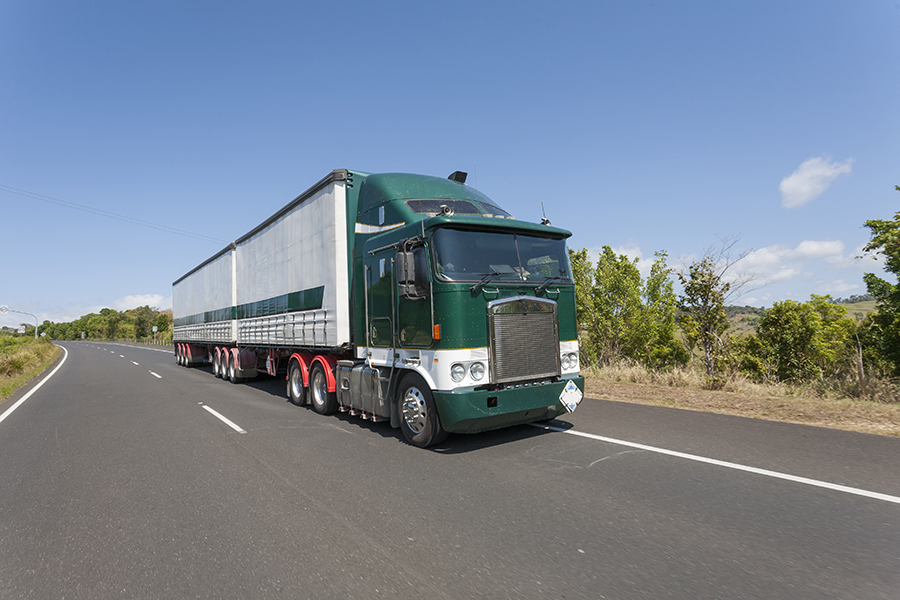We use cookies to give you a better experience on our website. Learn more about how we use cookies and how you can select your preferences.
Charging Ahead to Net Zero: Electrifying Australia's Roads

ACE Infrastructure
ACE Infrastructure is planning to reduce emissions from Australia’s heavy vehicles by developing a world-first prototype to wirelessly charge electric trucks and buses on regional Australia roads.
The world-first is part of a $3 million Cooperative Research Centre Project (CRC-P) grant.
Australia is experiencing a large increase in electric vehicle sales, which will support the goal of zero emissions by 2050. However, almost all new electric vehicles sold in Australia are cars or lightweight vehicles.
Heavy-duty vehicles make up a small percentage of all vehicles on the road but account for nearly half of overall emissions in road transport.
With their CRC-P grant, ACE Infrastructure along with researchers in engineering, international electrification providers and the Australian Road Research Board are working on a solution to address this environmental challenge.
ACE Infrastructure estimates electrifying heavy-duty vehicle fleets could save the Australian economy $325 billion by 2050.
The CRC Project partners are developing an advanced Road Embedded Wireless Power Transfer (REWPT) charging system to unlock the uptake of electric trucks and buses. The REWPT system will focus on both efficiency and safety while integrating state-of-the-art supercapacitors and AI algorithms to adapt to different grid specifications and demands. The project aims to build a world-first prototype to be trialled on regional Australia roads. The solution will position Australia among the world's pioneers in establishing an efficient and fast REWPT charging system designed for electric heavy vehicles.
The CRC-P consortium is led ACE Infrastructure and partners Swinburne University, RMIT, SEA Electric, Siemens, Fleet Plant Hire, ARRB Group, and Net Zero Stack.
The collaboration has found the framework of the CRC-P grant provides the structure needed to bring together leading experts from both industry and academia to deliver a real outcome.
The CRC-P grant is providing much-needed financial support to roll out the project at a significant scale. The project is paving the way for SMEs to access the latest technological developments, unlocking both sustainability and business growth. From manufacturing components for the wireless power transfer system to providing AI-driven maintenance services, the project's outcomes will catalyse new market segments.
The project is supporting Australia’s efforts to transitioning to a net zero future through the development of technology to electrify the country’s heavy-duty vehicle fleet. Moreover, while contributing to greener, safer and more efficient transport, the project has the potential to create a substantial economic impact. The electrification of fossil fuel-based heavy vehicles will enhance the operational efficiency of transportation and logistics companies, leading to reduced operational costs and increased profitability.
“This nexus between academia and industry not only accelerates innovation but also facilitates the seamless transfer of knowledge and technology, ensuring that our outcomes have a tangible impact on the industry's growth,” Mr Cock said.
Further information
-
Read how the CRC Projects program can help you.
Cooperative Research Centres Projects (CRCP) Grants